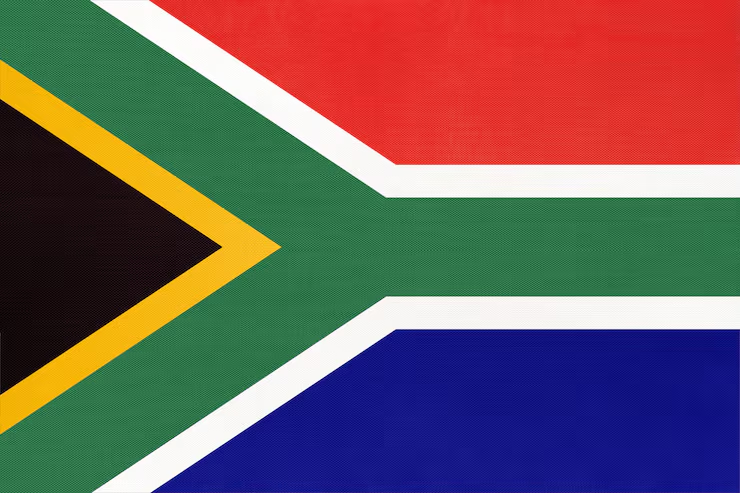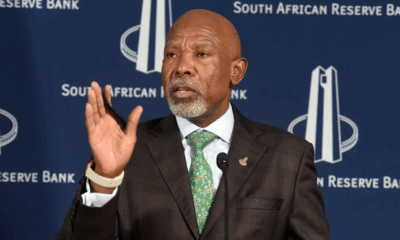Business
Why South Africans Still Can’t Let Go of Cash, Even as Digital Payments Surge

South Africa is embracing digital payments faster than ever before, but the truth is simple: cash is still king. The latest PayInc Economic Index (PEI) shows that demand for coins and notes jumped 4.4% in August, proving that many South Africans continue to rely on physical money, even as digital options grow.
The Cash Vs Digital Balancing Act
PayInc, formerly known as BankservAfrica, has been at the heart of South Africa’s payments system for decades. With the backing of the South African Reserve Bank (SARB), it is spearheading platforms like PayShap, designed to make real-time digital payments as easy as sending a text.
Yet, despite these efforts, cash remains deeply embedded in local life. For many South Africans, particularly in rural areas or informal settlements, notes and coins are more than just money they are trust, accessibility, and survival. This explains why, even as PayInc cleared a record 177.8 million electronic transactions in August, the appetite for cash didn’t waver.
Resilience In A Strained Economy
The PEI doesn’t just track payments it’s also a window into South Africa’s broader economic resilience. The index rose to 102.8 in August, its fourth straight monthly gain, despite ongoing challenges such as high import tariffs, crumbling logistics infrastructure, and subdued business confidence.
Independent economist Elize Kruger described the recovery as “surprising,” noting that GDP growth of 0.8% in Q2 outpaced expectations. She credits lower inflation, interest rate cuts, and modest real salary gains with giving households and firms some breathing room.
Retail is one of the bright spots: sales rose 3.8% in the first half of 2025, while Naamsa reported vehicle sales up 18.7% year-on-year in August. But other sectors, especially manufacturing, are struggling, with purchasing managers’ indices slipping below expansion levels.
Why Cash Still Matters
For all the momentum around digital payments, South Africa’s economic reality explains the stubborn grip of cash. Unemployment remains high, inequality is entrenched, and millions operate outside the formal banking system. For street vendors, taxi drivers, and spaza shop owners, cash is often the simplest and most reliable form of exchange.
On social media, many South Africans echoed this sentiment. “You can’t e-wallet someone who doesn’t have data,” one user wrote on X, while another quipped: “Load shedding kills Wi-Fi, but my R100 note still works in the dark.” These everyday realities keep coins and notes in circulation, regardless of policy ambitions.
Looking Ahead
Economists remain cautiously optimistic. Nedbank recently revised its GDP growth forecast for 2025 to 1.2%, slightly up from earlier projections, with an average of 1.5% growth over the next three years. But as Kruger points out, this growth still lags behind population increases, meaning living standards remain under pressure.
The digital payments revolution is gaining ground, but South Africa’s story is unique: it’s a country where fintech innovation and old-school cash aren’t competitors, but coexisting forces. For now, at least, wallets will hold both a bank card for PayShap, and a few notes for when the Wi-Fi drops.
Source: Business Tech
Follow Joburg ETC on Facebook, Twitter , TikTok and Instagram
For more News in Johannesburg, visit joburgetc.com


























